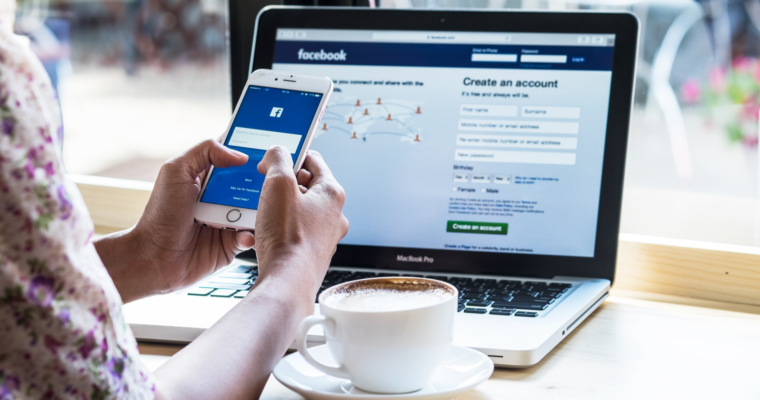Global Brands Boycott Facebook Ads Over Hate Speech

Big brands around the globe are going through with threats to boycott advertising through Facebook for one month in a push to have the social media platform take measures to curb hate speech.
Over 400 firms have joined the #StopHateForProfit campaign to protest hate speech on the Internet that has them suspending ads on Facebook and Instagram for the month of July.
Others have gone further and halted their advertising on all social media. Adidas, Puma, Coca-Cola, Starbucks, Unilever, Ford are due to vanish from Facebook on July 1, after the failure of last-ditch talks to stop a boycott over hate speech on the site.
U.S. civil rights groups have enlisted the multinationals to help pressure the social media giant into taking concrete steps to block hate speech in the wake of the death of George Floyd and amid a national reckoning over racism.
The campaign may lead to serious damage to the Facebook image, but questions remain whether the campaign will force these social media platforms to accept the demands that are nearly completely dependent upon advertising, something that even governments have not been able to do?
Facebook is often criticized for its timid approach to controlling content and has made a number of uncharacteristic and unpopular announcements in recent days: banning the far-right movement “Boogaloo”, promising to highlight sourced information, reinforce its moderation.
It remains to be seen for the social media platforms will find a solution as they maintain that they are not media and thus are not responsible for moderating content, and still reassure advertisers.
Financial Impact oil the boycott.
Daniel Salmon, an analyst at Bank of Montreal (BMO) Capital Markets, said he doesn’t expect a “tangible financial impact at this state”.
That is because Facebook has around eight million small- and medium-sized businesses that place ads on its platform. According to calculations by the Pathmatics firm that tracks digital marketing and advertising and was cited by CNN, the top-spending 100 brands on Facebook accounted for only 6% of its US$70billion in revenue.
It is really difficult for smaller companies to quit Facebook, due to the Coronavirus pandemic has made that even harder as many have been forced to go completely digital with their advertising, she added.
Facebook has sought to capitalize on the crisis, unveiling in May its “Facebook Shops”, an easy-to-use virtual shop template to allow businesses to set up on Facebook and Instagram. With such online retail presence on the platforms, firms have an even stronger incentive to advertise there, and leaving becomes more difficult.
On the other hand, it is equally difficult for the big brands to leave Facebook advertising due to various reasons, among them being that the brands greatly benefit by directly tailoring advertising to clients that Facebook and other social media platforms offer thanks to the copious amounts of personal data they collect on their users.
Zuckerberg and Facebook Response
Facebook Chief Operating Officer Sheryl Sandberg last week asked to meet with the campaign organizers along with Chief Product Officer
Chris Cox, Zuckerberg’s long-time friend, who returned to Facebook this month after resigning over the company’s direction last year.
The civil rights groups insisted Zuckerberg also be at the table, with Anti-Defamation League Chief Executive Jonathan Greenblatt noting that as CEO, chairman and the company’s largest shareholder, “he is the ultimate authority.”
The Facebook spokeswoman said late Tuesday that the company had confirmed that Zuckerberg would join the proposed meeting.
“We’re waiting to hear back and look forward to the opportunity to continue the dialogue,” she said.
Mark Zuckerberg told his staff that even if they disagreed with some of his decisions he hoped they agreed that “the net impact of the different things that we’re doing in the world is positive”, according to a transcript published by Vox. “I really believe it is,” he added.











